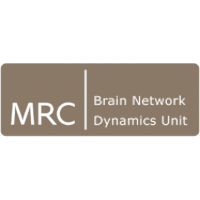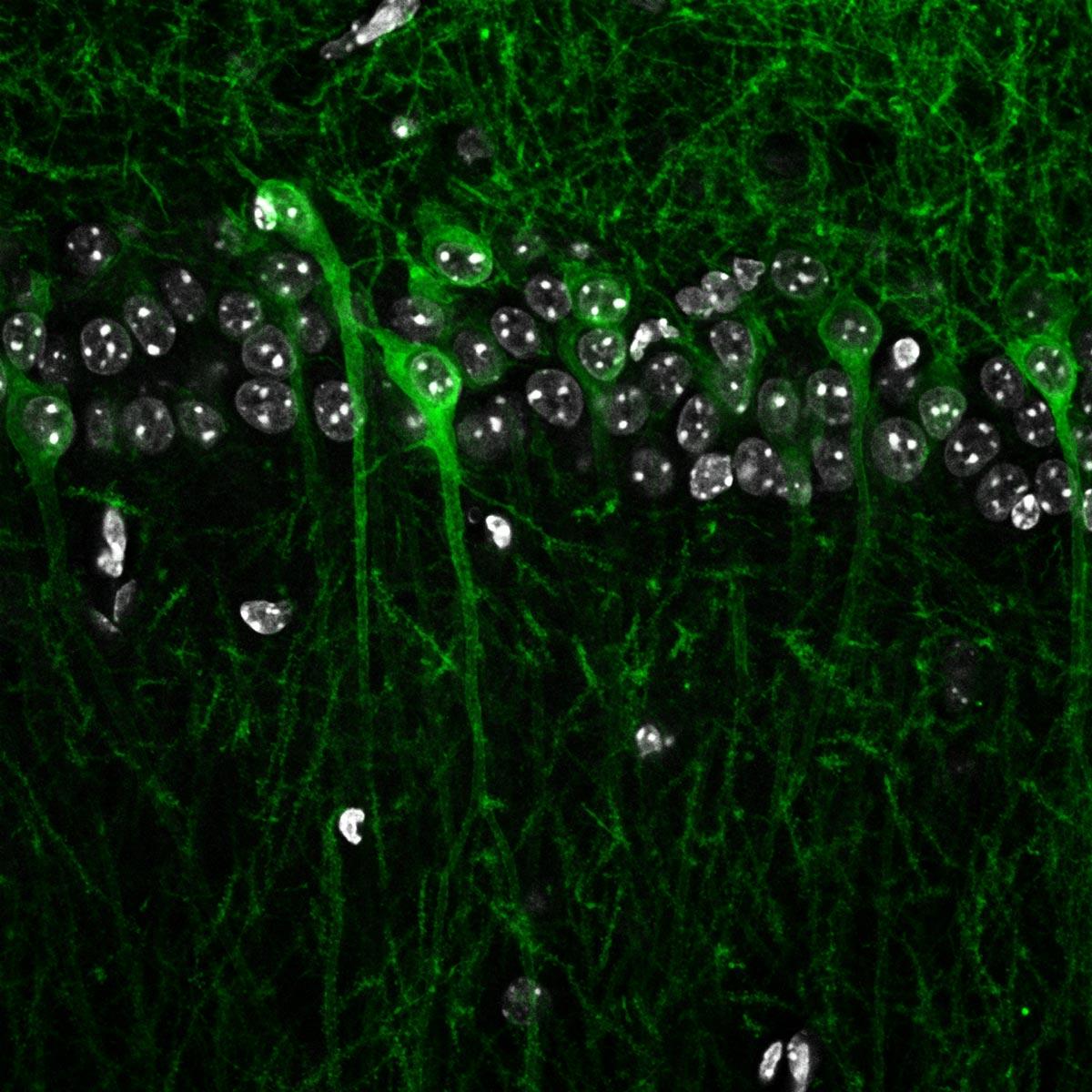
31 Jan PhD – Investigating Neuronal Dynamics of Memory Circuits
Supervisor: David Dupret
Applications are invited from both Home students and International students to join a multidisciplinary team of scientists studying neural dynamics of memory circuits in the rodent brain. Up to two MRC-funded studentships are available from the start of academic year 2021/22, for 3 years each, and both will be primarily supervised by Professor David Dupret at the MRC BNDU.
Background:
Memory is central to adaptation and survival, enabling individuals to predict from past experience what can happen next in an ever-changing environment. The idea that groups of neurons transiently synchronize their spiking activity to organize information-representing cell assemblies is central to the scientific investigation our laboratory carries at the nexus between brain and behaviour.
Project Description: 
The overall aim of the PhD project is to investigate how neuronal activities distributed across brain regions allow the division of computational labour involved in complex, multimodal memories that hold information spanning the sensory, motor and cognitive domains. To achieve this goal, we will investigate the concerted action of groups of neurons scattered across brain regions as well as frequency-specific network oscillations during memory tasks. The project will also involve identifying electrophysiological signals in real-time to implement closed-loop neuromodulation of brain activities.
Training:
The project will take place in the Medical Research Council Brain Network Dynamics Unit at the University of Oxford and students will benefit from the extensive generic and transdisciplinary skills training and career development opportunities available within the Unit. As a whole, this particular project will expose you to a large array of techniques that are central to the field of Systems Neuroscience. Notably, you will receive advanced training in
- large-scale electrophysiological recordings of neuronal activity from the rodent brain,
- optogenetic manipulation of molecularly-defined neuronal populations (with or without closed-loop systems),
- behavioural assays of learning and memory in rodents,
- multivariate data analyses (notably using graph-theoretical tools) and
- programming (Python, R, and Jupyter).
We will offer you the possibility to either actively engage with all of these techniques, or concentrate on the analyses of existing electrophysiological datasets that comprise spike trains and local field potentials.
Key Publications:
Barron H.C., Reeve H.M, Koolschijn R.S., Perestenko P.V., Shpektor A., Nili H., R. Rothaermel, Campo-Urriza N., O’Reilly J.X., Bannerman D.M., Behrens T.E.J. and Dupret D. Neuronal computation underlying inferential reasoning in humans and mice. Cell. 2020 Oct 1;183(6):1-16.
Trouche S, Koren V, Doig NM, Ellender TJ, El-Gaby M, Lopes-Dos-Santos V, Reeve HM, Perestenko PV, Garas FN, Magill PJ, Sharott A and Dupret D. A Hippocampus-Accumbens Tripartite Neuronal Motif Guides Appetitive Memory in Space. Cell. 2019 Mar 7;176(6):1393-1406.
Lopes-dos-Santos V, van de Ven GM, Morley A, Trouche S, Campo-Urriza N and Dupret D. Parsing hippocampal theta oscillations by nested spectral components during spatial exploration and memory-guided behavior. Neuron. 2018 Nov 21;100(4):940-952.
van de Ven GM, Trouche S, McNamara CG, Allen K, Dupret D. Hippocampal Offline Reactivation Consolidates Recently Formed Cell Assembly Patterns during Sharp Wave-Ripples. Neuron. 2016 Dec 7;92(5):968-974.
Trouche S, Perestenko PV, van de Ven GM, Bratley CT, McNamara CG, Campo-Urriza N, Black SL, Reijmers LG, Dupret D. Recoding a cocaine-place memory engram to a neutral engram in the hippocampus. Nat Neurosci. 2016 Apr;19(4):564-7.
Funding:
These Ph.D. (D.Phil.) studentships are funded by the Medical Research Council (MRC), a part of UKRI. All successful applicants are entitled to receive a tax-free stipend and, as a minimum, tuition fees paid at the Home level, regardless of whether they are Home or International students. Please see further details about MRC/UKRI studentships and updated guidance regarding Home and International eligibility. Successful applicants can also be considered for University scholarships.
Qualifications & Experience:
- Interested candidates should possess, or expect to receive, a 1st class or upper 2nd class degree (or equivalent) in a related scientific discipline, e.g. biological or physical sciences, medicine, computer science, engineering, mathematics.
- Previous experience in neuroscience research is essential.
- This includes clear contribution to either in vivo electrophysiological recordings, behavioural assays of learning and memory in rodents, and/or data analyses and programming (e.g., Python, R, and Jupyter).
- Note that appointed students will be offered the possibility to either actively engage with all of these techniques, or concentrate on the analyses of existing electrophysiological datasets that comprise spike trains and local field potentials.
Contact:
We strongly encourage candidates to contact the project supervisor before submitting an application. To find out more about these MRC-funded studentships, the research project, and the application process, please contact Professor David Dupret by email on david.dupret@bndu.ox.ac.uk. Professor Dupret is also happy to consider supervising PhD students funded by Departmental scholarships and other doctoral training programmes at Oxford, as well as PhD students with their own independent funding.
How to apply:
To be considered for one of these MRC-funded studentships, please submit an application for admission to the D.Phil. in the Nuffield Department of Clinical Neurosciences (course code RD_CU1), following the guidance. On the application form, in the section headed ‘Departmental Studentship Applications’, please indicate that you are applying for a studentship and enter the reference code for a MRC BNDU studentship “21CLINNEURO01WEB“.
Please click here to learn more.


Sorry, the comment form is closed at this time.